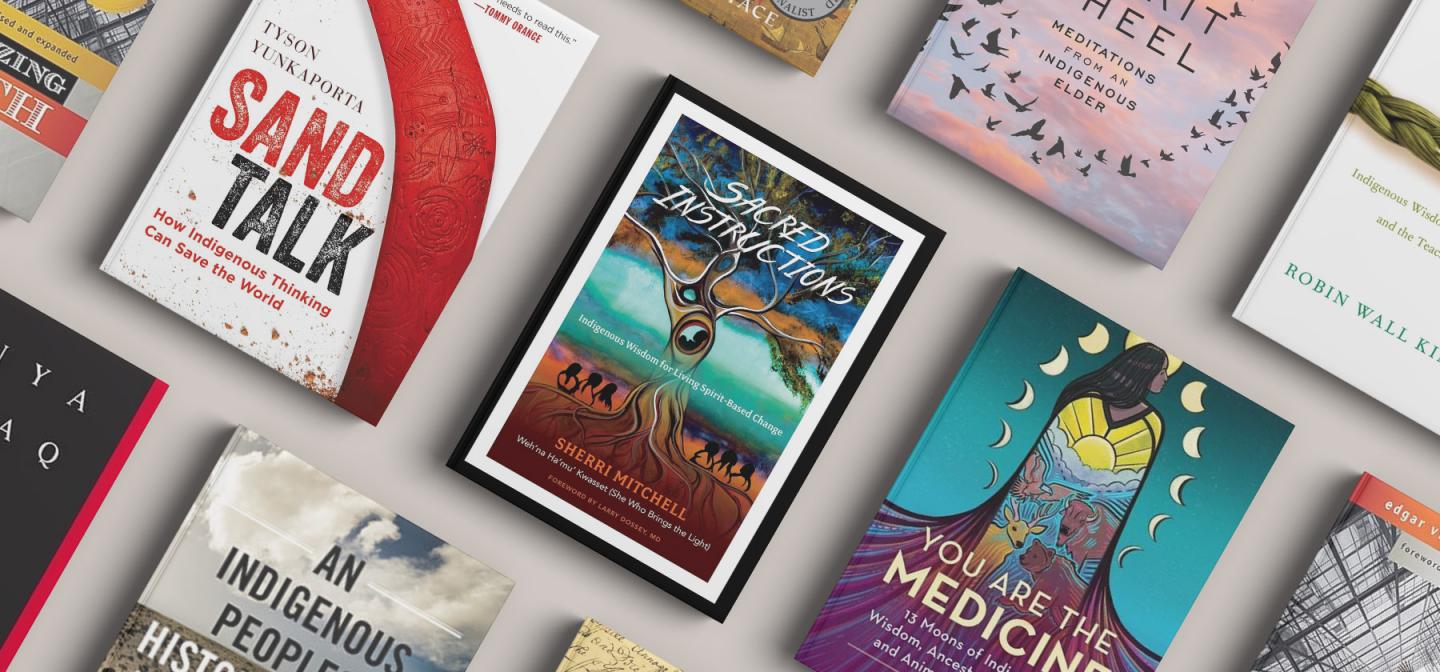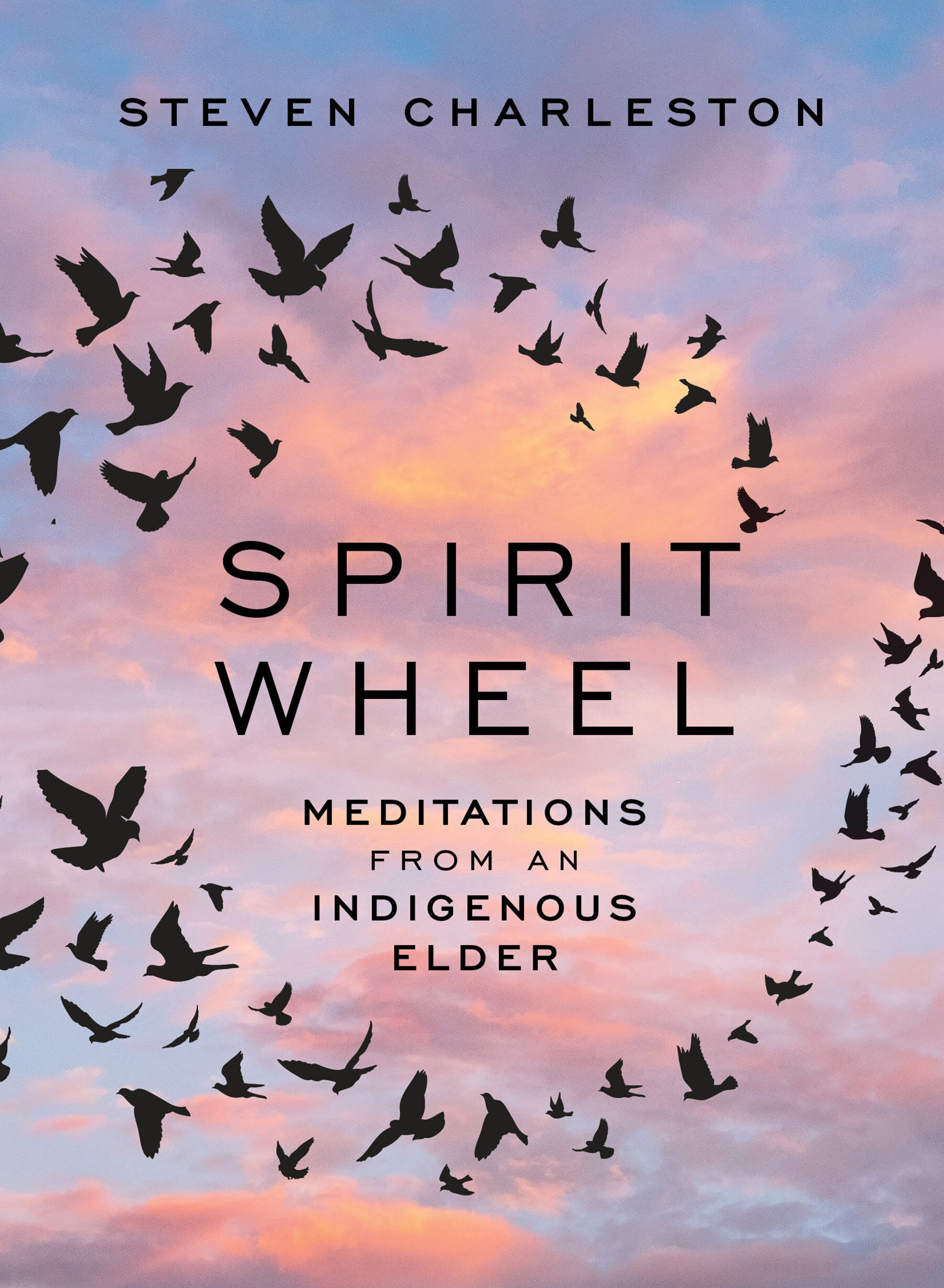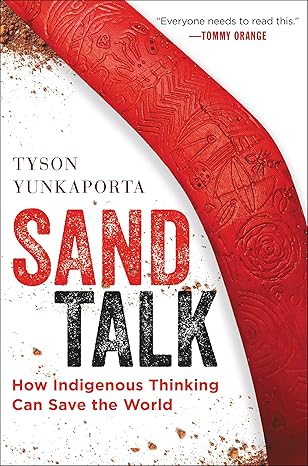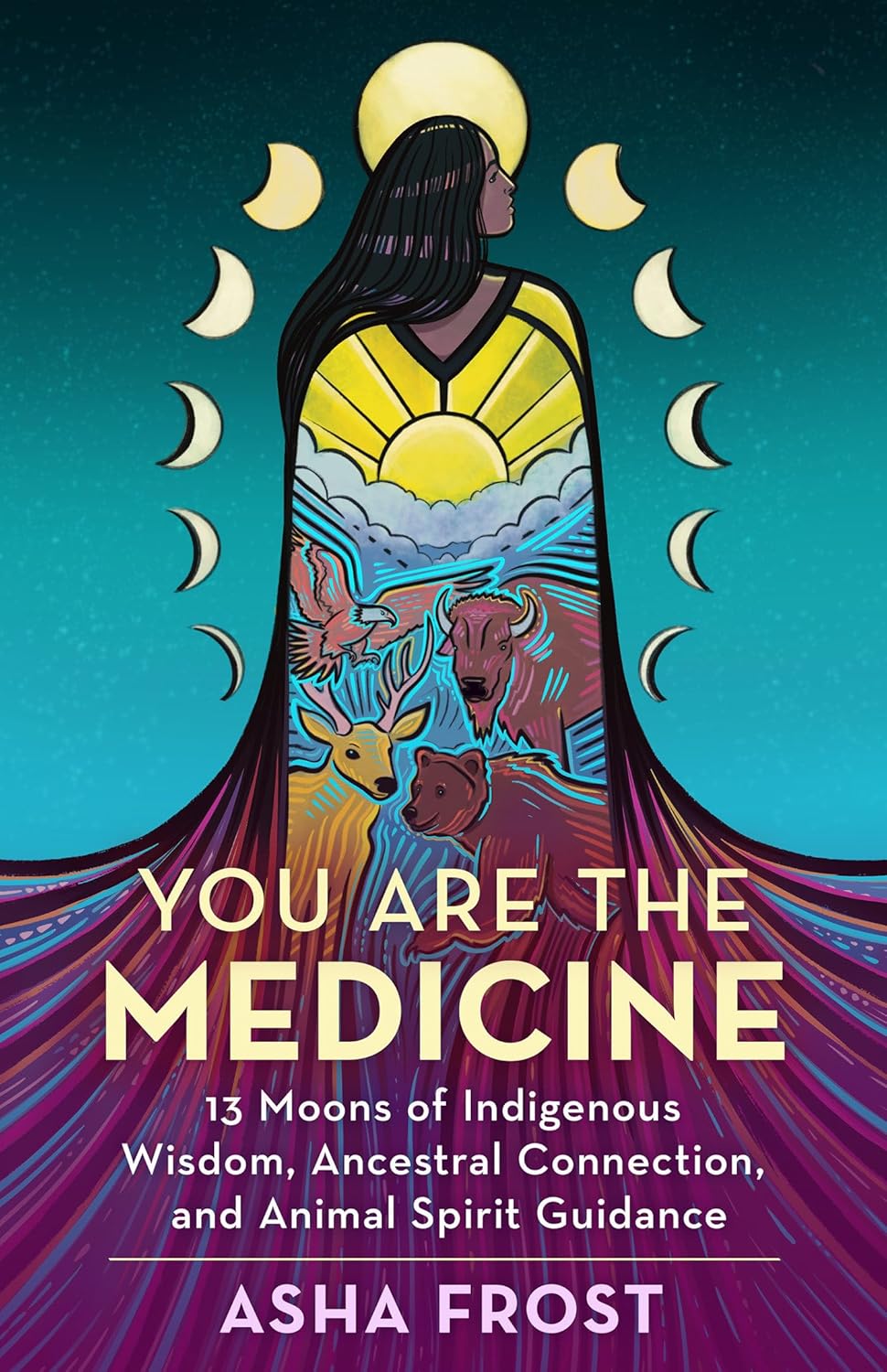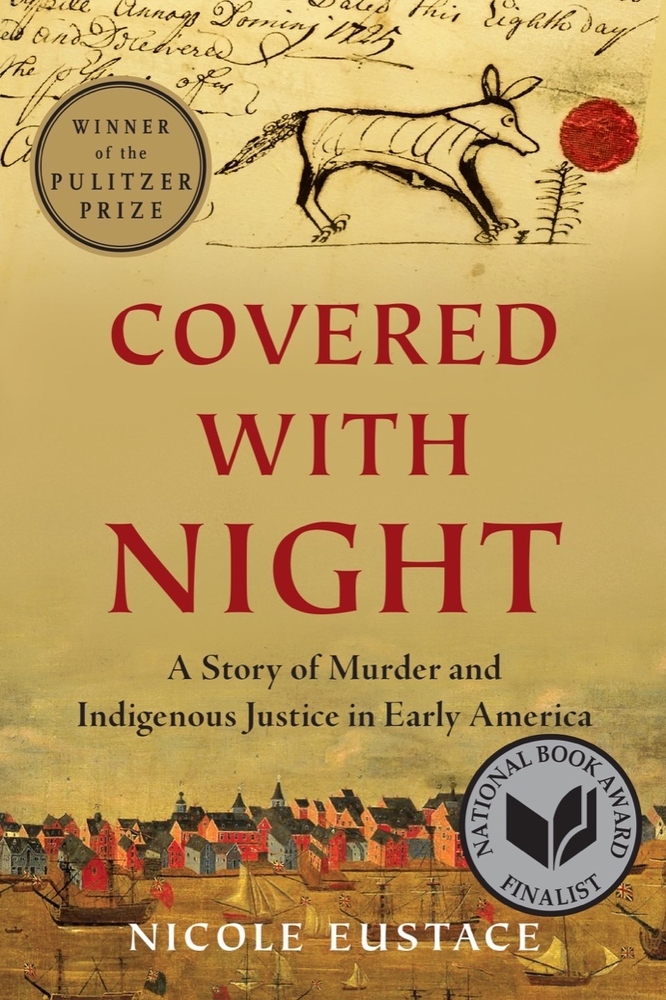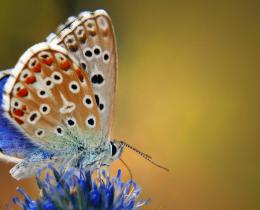Braiding Sweetgrass: Indigenous Wisdom, Scientific Knowledge and the Teachings of Plants by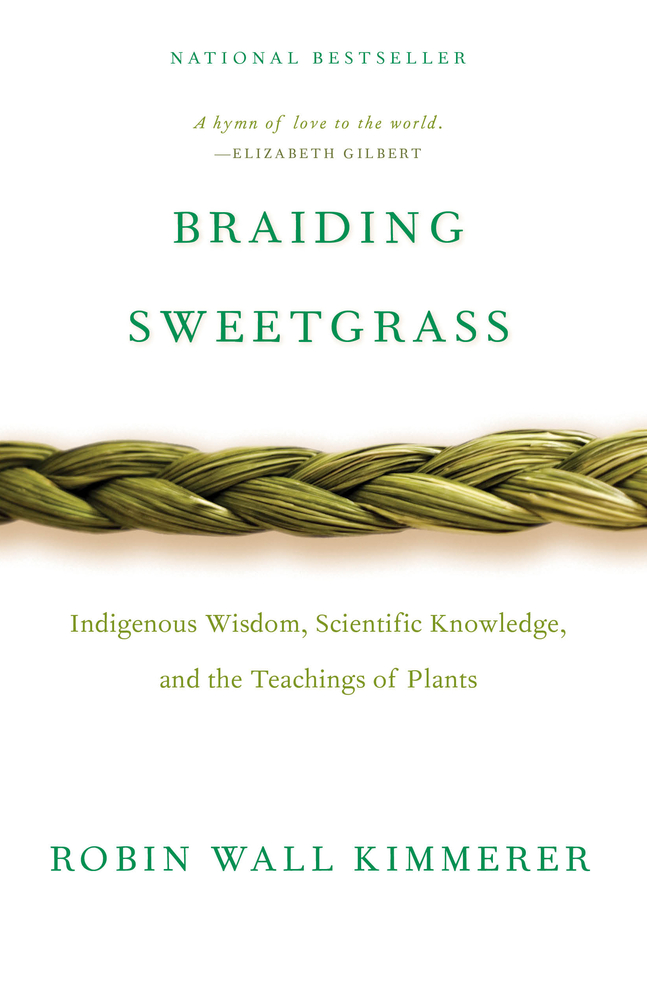 Robin Wall Kimmerer
Robin Wall Kimmerer
As a botanist, Robin Wall Kimmerer has been trained to ask questions of nature with the tools of science. As a member of the Citizen Potawatomi Nation, she embraces the notion that plants and animals are our oldest teachers. Drawing on her life as an Indigenous scientist, and as a woman, Robin Wall Kimmerer shows how other living beings—asters and goldenrod, strawberries and squash, salamanders and sweetgrass—offer us gifts and lessons, even if we've forgotten how to hear their voices.
Sacred Instructions: Indigenous Wisdom for Living Spirit-Based Change by Sherri Mitchell

Drawing from ancestral knowledge, as well as her experience as an attorney and activist, Sherri Mitchell addresses some of the most crucial issues of our day, including Indigenous land rights, environmental justice, and our human survival. Sharing the gifts she has received from the elders of her tribe, the Penobscot Nation, she asks us to look deeply into the illusions we have labeled as truth and which separate us from our higher mind and from one another.
For all those who seek to create change, this book lays out a way of life that is balanced and humane and a set of cultural values that will preserve our communities for future generations.
Split Tooth by Tanya Tagaq
In this Indigenous Voices Award–winning novel, a well-respected Inuit throat singer weaves together fiction, memoir, poetry, and Inuit folklore. Following an unnamed Inuk woman growing up in 1970s Canada, and alternating between short prose, poems, and illustrations, the novel follows this girl as she grows up and experiences all of the trials and tribulations that come with leaving childhood behind.
Spirit Wheel: Meditations from an Indigenous Elder by Steven Charleston
Choctaw elder and spiritual explorer Steven Charleston hears Spirit speak to him daily and shares his thoughts with thousands on social media.
His stunning collection of more than 200 meditations introduces us to the Spirit Wheel and the four directions that ground Native spirituality: tradition, kinship, vision, and balance. The life we inhabit together has been called many things by Indigenous people: the Spirit Wheel, the hoop of the nations, the great circle of existence, the medicine wheel. We are all on that ever-turning wheel, Charleston says—all of creation, people and animals, rocks and trees.
Sand Talk: How Indigenous Thinking Can Save the World by Tyson Yunkaporta
In this mind-expanding book, Tyson Yunkaporta looks at global systems from a unique perspective, one tied to the natural and spiritual world. In considering how contemporary life diverges from the pattern of creation, he raises important questions. How does this affect us? How can we do things differently?
Yunkaporta's writing process begins with images. Honoring indigenous traditions, he makes carvings of what he wants to say, channeling his thoughts through symbols and diagrams rather than words. He looks for ways to connect images and stories with place and relationship to create a coherent world view, and he uses sand talk, the Aboriginal custom of drawing images on the ground to convey knowledge.
An Indigenous Peoples’ History of the United States by Roxanne Dunbar-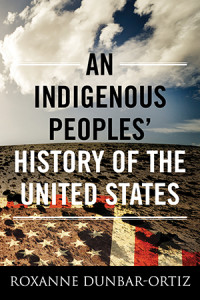 Ortiz
Ortiz
Written by historian and activist Roxanne Dunbar-Ortiz, this American Book Award recipient is the first history of the United States told from the perspective of Indigenous peoples.
Today in the United States, there are more than 500 federally recognized Indigenous nations comprising nearly 3 million people, descendants of the 15 million Native people who once inhabited this land. The centuries-long genocidal program of the settler-colonial regimen has largely been omitted from history. For the first time, Dunbar-Ortiz reveals how Native Americans, for centuries, actively resisted expansion of the US empire.
You are the Medicine: 13 Moons of Indigenous Wisdom, Ancestral Connection, and Animal Spirit Guidance by Asha Frost
The Medicine you have been searching for lives within you, says Indigenous Medicine Woman Asha Frost. She invites readers to learn the healing medicine of the 13 Ojibway moons and the spirit animals, to unlock your connection to your own unique, inherent healing power.
Through storytelling, ceremonies, and Shamanic journeys, learn to apply ancient wisdom to your life in ways that are respectful and conscious of the stolen lands, lives, and traditions of Indigenous peoples.
Covered with Night: A Story of Murder and Indigenous Justice in Early America by Nicole Eustace
In the winter of 1722, on the eve of a major conference between the Five Nations of the Haudenosaunee (also known as the Iroquois) and Anglo-American colonists, a pair of colonial fur traders brutally assaulted a Seneca hunter near Conestoga, Pennsylvania. Though virtually forgotten today, the crime ignited a contest between Native American forms of justice, rooted in community, forgiveness, and reparations, and the colonial ideology of harsh reprisal.
Covered with Night ultimately urges us to consider Indigenous approaches to grief and condolence, rupture and repair, as we seek new avenues of justice.
Decolonizing Wealth Second Edition: Indigenous Wisdom to Heal Divides and Restore Balance by Edgar Villanueva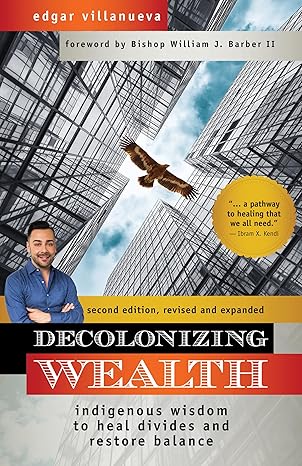
Decolonizing Wealth is an analysis of the dysfunctional colonial dynamics at play in philanthropy and finance. Award-winning philanthropy executive Edgar Villanueva draws from the traditions from the Native way to prescribe the medicine for restoring balance and healing our divides.
With great compassion, Villanueva is able to both diagnose the flaws in philanthropy and provide thoughtful solutions to these systemic imbalances.
